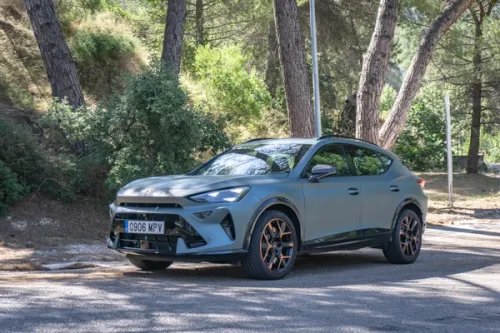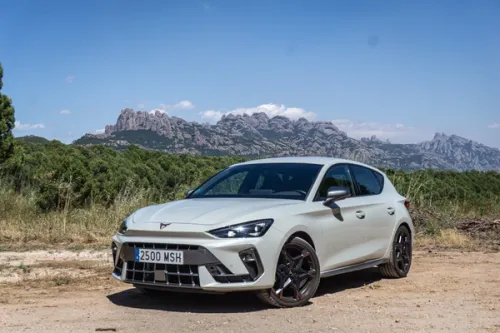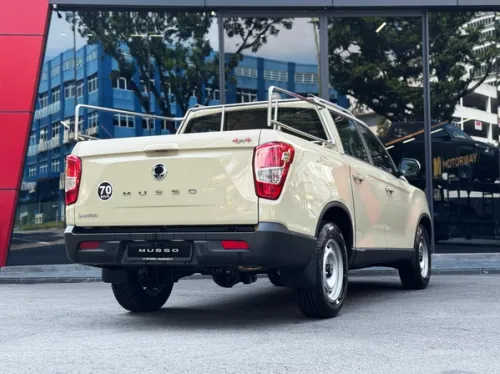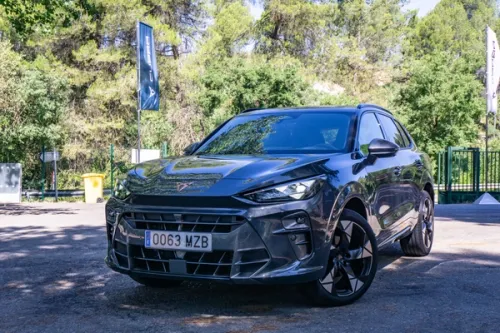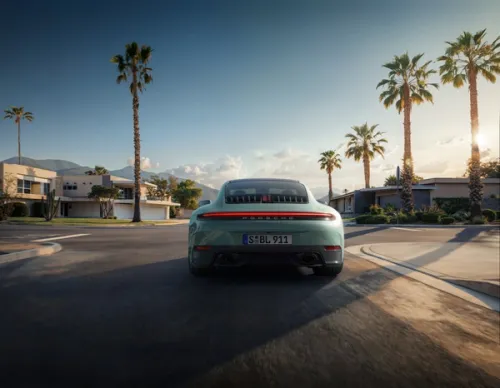10 Things You Should Know About Buying a Diesel Car in Singapore
10 Things You Should Know About Buying a Diesel Car in Singapore

In the UK, diesel cars make up about half of privately registered cars, whereas locally, sales of diesel cars up until two years ago was extremely dismal due to sky-high road tax imposed on them in local markets.
In 2013 however, a slew of policy changes transformed the diesel vehicle market. In January, the additional road tax for diesel cars (charged on top of the existing road tax) fell from $0.625 per cc of engine capacity to $0.20. In July, the Carbon Emission-Based Vehicle Scheme (CEVS) kicked in to either subsidise or further increase the cost of cars depending on their carbon dioxide outputs. As diesel cars produce less CO2 than their equivalent petrol counterparts, they attract sizeable rebates or escape heavy taxing.
In 2014, with the recategorisation of COE based on engine output, the only luxury cars left in the slightly more affordable CAT A COE are the diesel variants, therefore driving the sales of diesel cars up. Contemplating about buying a diesel car? Here are 10 things you should know about you buying and running one.
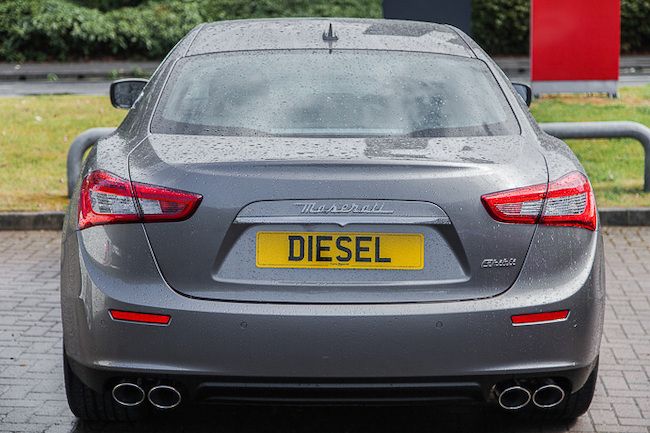
Diesel cars usually cost the same, or less, as their petrol-driven equivalents. The Jaguar XF 2.2 diesel lists for $10k less than the petrol XF 2.0 as it is eligible for a $10k CEVS rebate while the 2.0-litre receives no rebates.
In instances where both petrol and diesel engines are available, the diesel variant usually sits lower than the petrol variant in the model hierarchy due to their power deficit (and hence falling to a lower COE band), therefore costing less. The CAT A COE 115bhp Volvo S60 D2 costs $25k less than the 245bhp T5 petrol model which belongs to CAT B.
The biggest draw of buying a diesel car is undoubtedly its excellent fuel economy. The Peugeot 5008 Diesel achieves 17km/l while the petrol variant that it superseded was capable of 10km/l. Likewise, the Jaguar XF 2.2D achieves about 16km/l, whereas the 2.0 turbo unit achieves about 10km/l, giving the previous a whopping 1330-odd kilometres worth of range per tank.
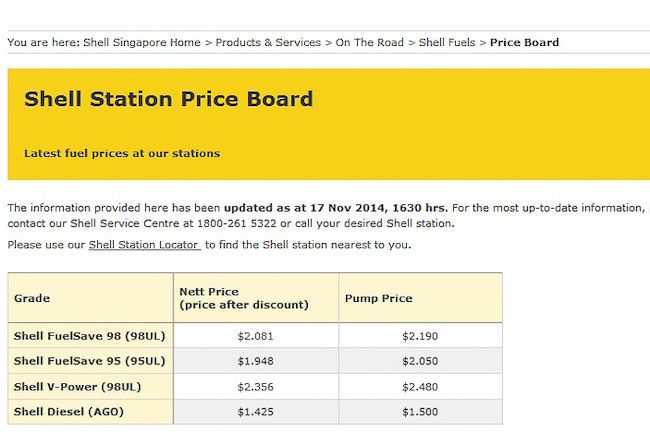
Diesel costs about $1.50 while 95-unleaded petrol costs about $2.05 before discounts. So, not only do you travel further (way further) with a full tank of diesel than petrol, you pay much less to top up that tank too.
Local car dealers have advised against pumping Malaysian diesel in the Euro IV or Euro V diesel cars sold in Singapore, reasoning that Malaysian diesel is only Euro II compliant. While occasional usage will not destroy the engine, persistent long term utilisation of this high-sulphur diesel may result in clogged diesel particulate filters and engine misfiring, among other issues.
On top of the existing road tax charged based on engine capacity, diesel vehicles are liable for an additional road tax. This tax is charged at $0.20 per cc of engine capacity, payable every 6 months, for Euro V-compliant (and above) diesel cars registered after 1 Jan 2013. The tax for Euro IV-compliant is charged at $0.625 per cc.
This tax adds $800 to the $1200 road tax bill every year for a new 2.0-litre Euro V-compliant diesel car. That said, as long as the car does about at least 10k km a year, the fuel savings would have easily covered the additional tax.

Diesel cars have come a long way since the old days when they spewed out black smoke and did little good to the environment. Today, with low-sulphur diesel and better engine technology, the engines are cleaner than ever. The XF 2.2D emits 139g/km against the 2.0’s 189g/km.
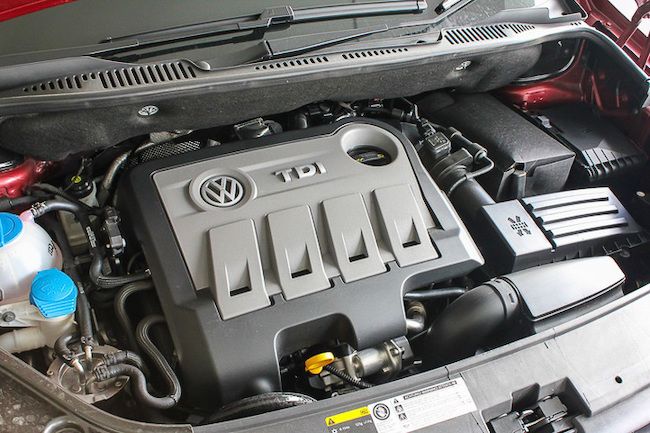
Diesel engines are often more durable than petrol engines as they are built to handle the extreme stresses of compression ignition. Moreover, the omission of spark plugs and some electronics all the more makes these oil burners more reliable.
Like diesel cars, hybrid cars are more fuel efficient than their petrol counterparts. However, hybrid and electric cars cost a lot more to buy than their petrol or diesel equivalents. Both the Audi A6 Hybrid and the BMW 5 Series ActiveHybrid were withdrawn from local markets in recent months due to poor sales resulting from high prices.
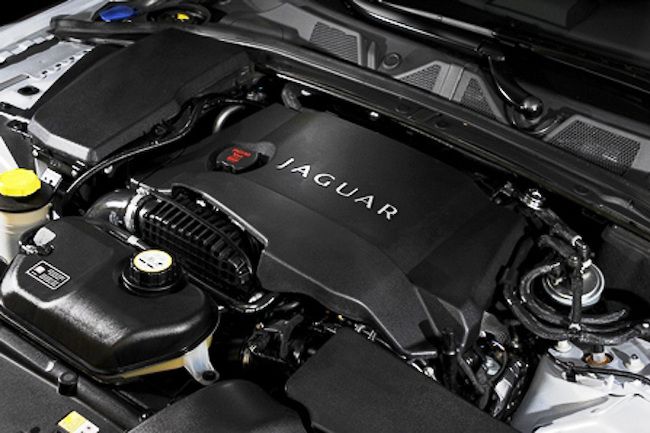
Diesel engines may be lacking on horsepower against similarly-sized petrol engines, but they pack torque in abundance. The XF 2.2D may only produce a 197bhp against the XF 2.0’s 240, but it can put out a whopping 450Nm of torque, making the 2.0-litre’s 340Nm pale in comparison.
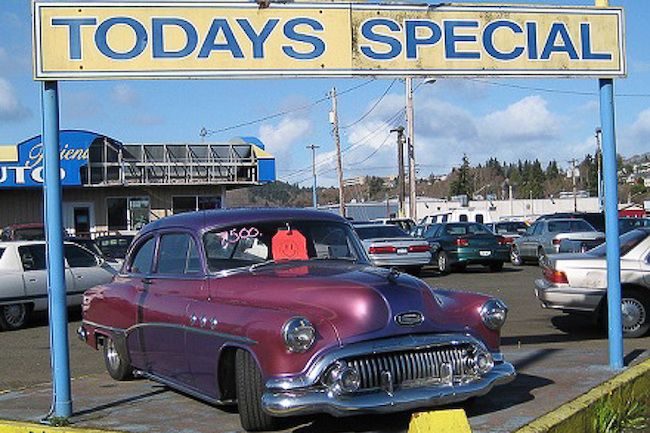
While diesel cars are gradually making better sales as more consumers understand the value of driving and running them, they are still a rather new introduction to local markets. The market will take some time before everyone can accept driving a diesel car as a norm. In addition, oil burners may take longer to sell – high road tax is unattractive to commuters who rack up lower mileages, or those who drive to Malaysia on long trips often.
Credits: Shirong


Get the Best Price for your used car
from 500+ dealers in 24 hours

- Convenient and Hassle-Free
- Consumer Protection
Transparent Process
With No Obligation
